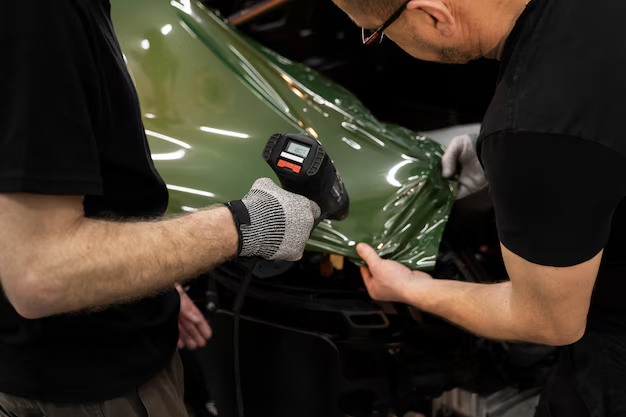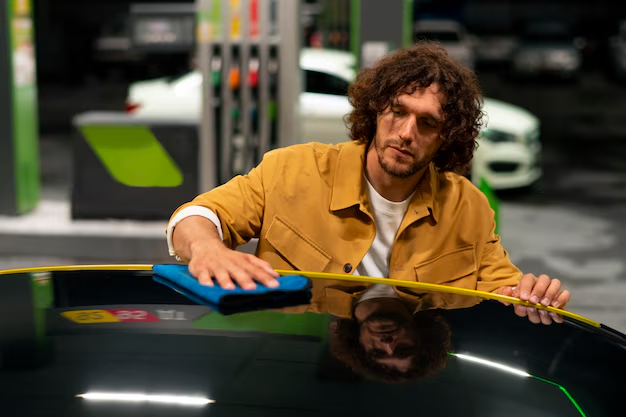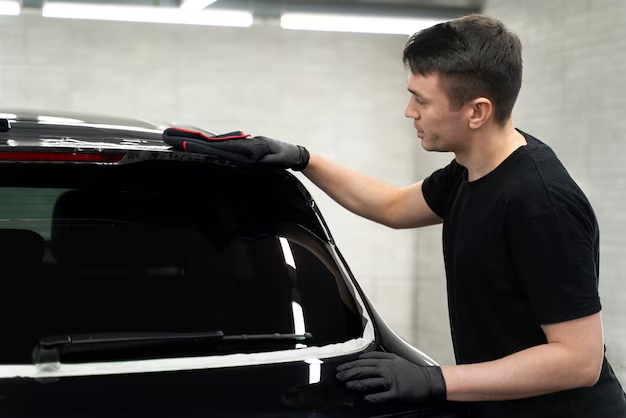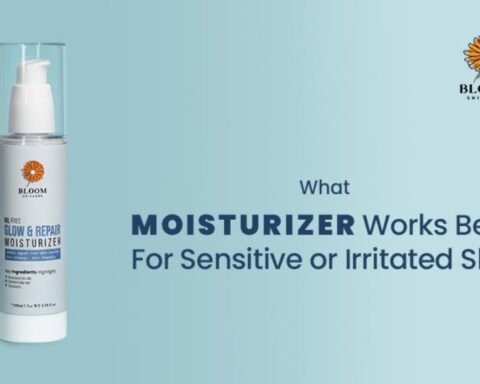Car enthusiasts are always searching for ways to make their vehicles stand out while also protecting their investment. In 2025, one of the most practical and stylish solutions is the car carbon fiber vinyl wrap. This innovative material allows drivers to give their vehicles a high-performance look, similar to genuine carbon fiber, at a fraction of the cost.
From luxury sedans to everyday compacts, vinyl wraps have become a go-to customization option, offering style, durability, and flexibility without the commitment of a full paint job.
What Is a Car Carbon Fiber Vinyl Wrap?
A car carbon fiber vinyl wrap is a type of adhesive film applied over the surface of a vehicle to replicate the look and texture of carbon fiber. While real carbon fiber parts are lightweight and strong, they are also expensive and difficult to manufacture. Vinyl wraps provide the same sleek aesthetic in a budget-friendly, reversible form.
These wraps can cover an entire car or be applied selectively to areas such as the hood, roof, spoilers, or mirrors, allowing for endless customization options.
Why Car Carbon Fiber Vinyl Wraps Are Popular in 2025
1. Cost-Effective Customization
Compared to installing real carbon fiber parts or repainting a vehicle, vinyl wraps are significantly more affordable while achieving a similar high-end appearance.
2. Paint Protection
Vinyl wraps serve as a protective layer, shielding the original paint from scratches, UV rays, and minor abrasions.
3. Flexible Styling Options
Available in matte, gloss, forged, and colored finishes, carbon fiber vinyl wraps allow car owners to match their vehicles to personal tastes and trends.
4. Reversible and Non-Permanent
Unlike paint, wraps can be removed at any time, restoring the car to its original look without damage.
5. Boosted Resale Value
By protecting the underlying paint, wraps help maintain resale value, making them a practical investment as well as a cosmetic upgrade.
Key Features to Look For
When choosing a car carbon fiber vinyl wrap, focus on the following aspects:
- Material Quality: Premium vinyl lasts longer and resists wear.
- Finish Variety: Glossy wraps reflect light for a bold look, while matte finishes create a stealthy appearance.
- Ease of Application: Air-release technology prevents bubbles and makes DIY application easier.
- Durability: Look for UV resistance and water resistance to ensure the wrap withstands outdoor conditions.
- Thickness: Thicker vinyl offers more protection but may be harder to install.
DIY vs. Professional Installation
- DIY Application: Ideal for smaller sections like mirrors, spoilers, or trims. With patience and the right tools, many enthusiasts successfully wrap parts of their cars at home.
- Professional Application: Recommended for full-body wraps to ensure smooth coverage, precision cuts, and long-lasting adhesion.
While DIY saves money, professionals deliver a flawless finish and typically offer warranties for their work.
Benefits Beyond Aesthetics
A car carbon fiber vinyl wrap isn’t just about style—it offers real functional advantages:
- Scratch & Chip Protection: Reduces damage from road debris.
- UV Protection: Prevents fading and sun damage to the original paint.
- Weather Resistance: Durable against rain, snow, and heat.
- Interior Customization: Can also be applied to dashboards, door panels, and trims for a sporty interior upgrade.
Vinyl Wrap vs. Paint: Which Is Better?
| Feature | Vinyl Wrap | Custom Paint |
| Cost | Affordable | Expensive |
| Durability | 3–7 years | 5–10 years |
| Customization | Highly flexible | Limited once applied |
| Paint Protection | Yes | No |
| Reversibility | Removable | Permanent |
Vinyl wraps are the ideal choice for drivers who want versatility and affordability without long-term commitment.
Caring for Your Car Carbon Fiber Vinyl Wrap
- Wash by Hand: Use soft cloths and gentle soap to avoid damaging the wrap.
- Avoid Harsh Chemicals: Strong cleaners can weaken the adhesive and finish.
- Dry Properly: Prevent water spots by drying with microfiber towels.
- Park Smart: Shade or covered parking extends the life of the wrap.
- Check for Peeling: Repair small sections promptly to prevent further damage.
With the right care, high-quality wraps can last up to 7 years.
Why Carbon Fiber Vinyl Wraps Are the Future of Car Styling
In 2025, vinyl wraps have gone beyond being a trend—they’re now a mainstream car styling solution. With advances in material technology, wraps are more realistic, durable, and customizable than ever before. Many car enthusiasts even combine carbon fiber wraps with colored accents for a truly unique look.
Final Thoughts
The car carbon fiber vinyl wrap is one of the most cost-effective ways to enhance your vehicle’s style and protect its original finish. It’s versatile, reversible, and durable—perfect for drivers who want the look of high-performance carbon fiber without the hefty price tag.
Whether you’re preparing your car for shows, adding a sporty touch to your daily driver, or simply protecting your paint, vinyl wraps are an excellent solution for 2025 and beyond.
FAQs
Q1: How long does a car carbon fiber vinyl wrap last?
Typically 3–7 years with proper care.
Q2: Can I install a vinyl wrap myself?
Yes, but it’s easier for small sections. Full wraps are best handled by professionals.
Q3: Does a vinyl wrap damage the car’s paint?
No, quality wraps protect paint and can be removed without causing damage.
Q4: How much does wrapping a car cost?
Partial wraps may cost a few hundred dollars, while full wraps range from $2,000–$5,000 depending on size and material.
Q5: Can wraps withstand extreme weather?
Yes, high-quality wraps are designed to resist UV rays, rain, and heat.








